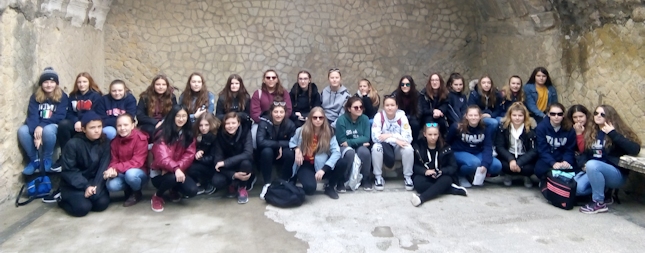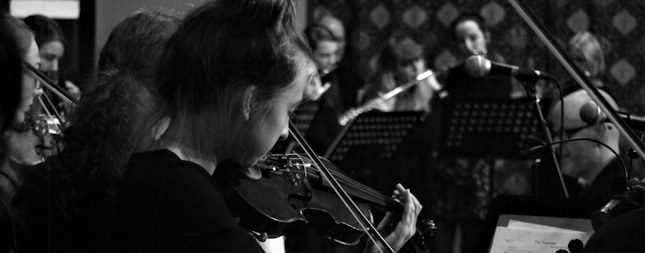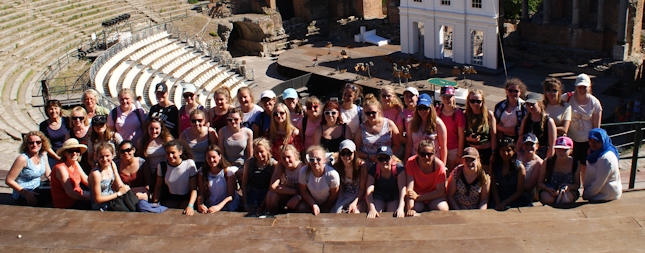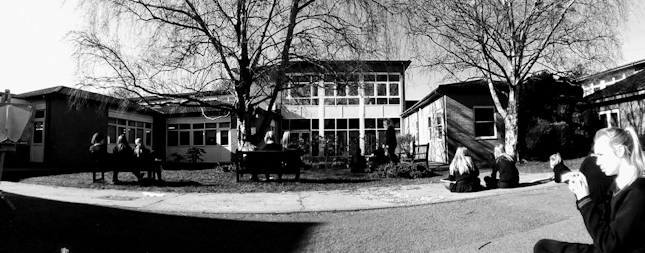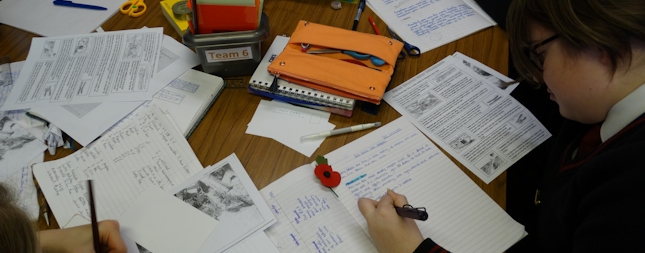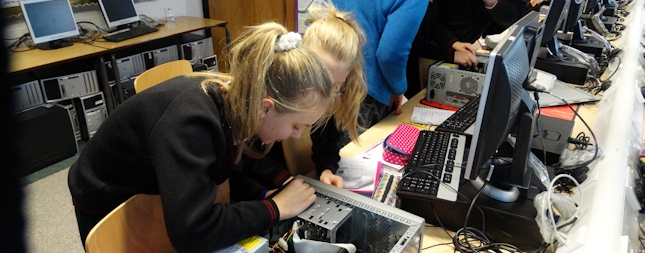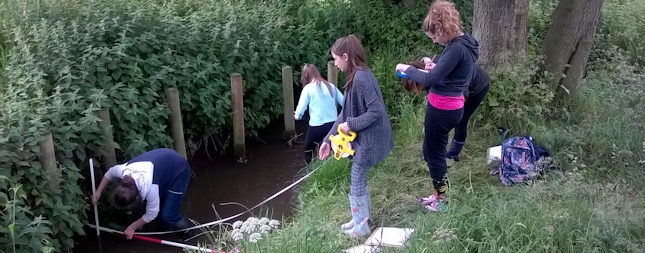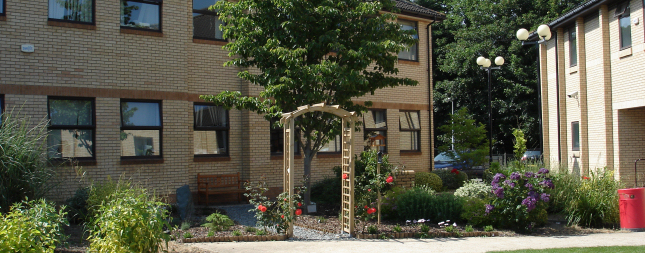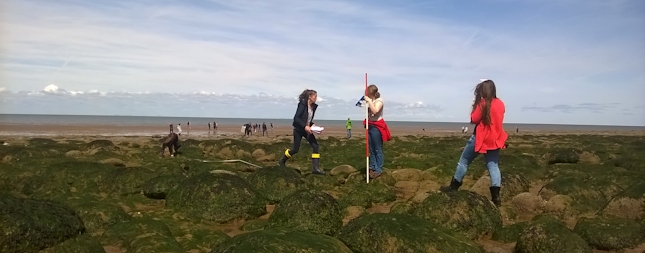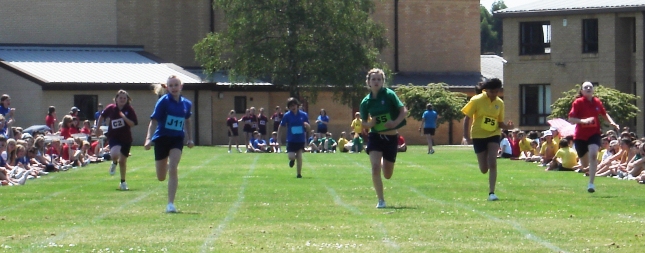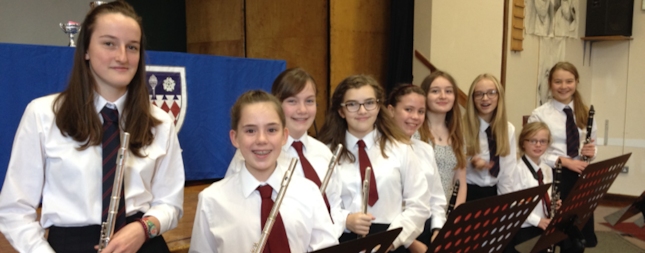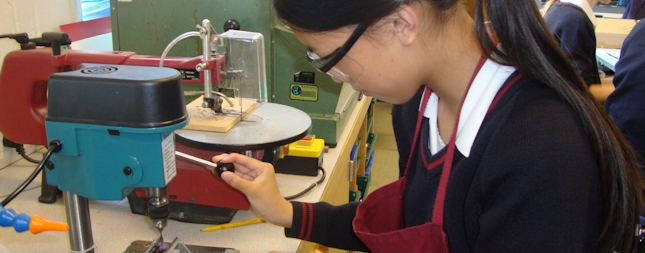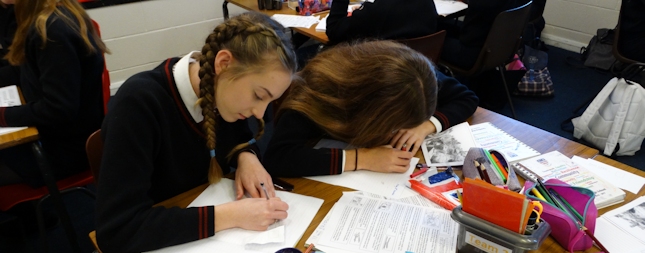Why History at GCSE?
History is a great subject to study regardless of what you want to do at A Level and beyond. It gives you lots of key skills that are useful in all areas but also helps you to make sense of why we live the way we do.
What do we study?
Students study Edexcel GCSE History. Our choice of topics within this gives students the chance to study a wide breadth of places but also a variety of types of history.
In Year 9, we teach all students about Weimar Germany from Option 31, with those who continue the subject going on to study the rest of this unit, Nazi Germany 1933-39, at the start of Year 10. This is a comprehensive study that includes many different types of historical enquiry. Students are able to discuss questions such as ‘Why did the Weimar Republic fail?’ and ‘How far did the Nazis improve ordinary people’s lives?’
During the rest of Year 10, students study Options P4 and B4: Superpower Relations & the Cold War, c1941-c91 and Early Elizabethan England, 1558-88. This addresses a significant period of modern global history and a significant so-called 'golden age' of Britain's early modern history.
In Year 11, students study Option 11- Medicine in Britain. This breadth paper looks at the exciting developments of medicine over an 800 year time span. It also includes a study of a historical environment, namely medicine & injury associated with the Western Front of WW1.
Pupils are expected to:
1. Demonstrate detailed knowledge and understanding of the past
2. Provide well-explained arguments on issues such as causation, change/continuity and significance
3. Make effective use of contemporary source evidence to reach conclusions and develop explanations
4. Analyse, evaluate and make substantiated judgements about interpretations, including how and why interpretations may differ
5. Write in standard English and make use of appropriate specialist vocabulary.
The exams are divided as follows:
Paper 1 (30% of final mark): Medicine in Britain
Paper 2 (40% of final mark): Cold War & Elizabeth
Paper 3 (30% of final mark): Germany
Please click on the links below for the current GCSE specification and also schemes of work
GCSE-History-scheme-of-work-Weimar-and-Nazi-Germany
GCSE-History-scheme-of-work-Superpower-relations-and-Cold-War
GCSE-History-scheme-of-work-Medicine
GCSE-History-scheme-of-work-Early-Elizabethan-England
Please click on the links below for past papers
gcse-history-paper-1-specimen-papers
gcse-history-paper-2-specimen-papers

